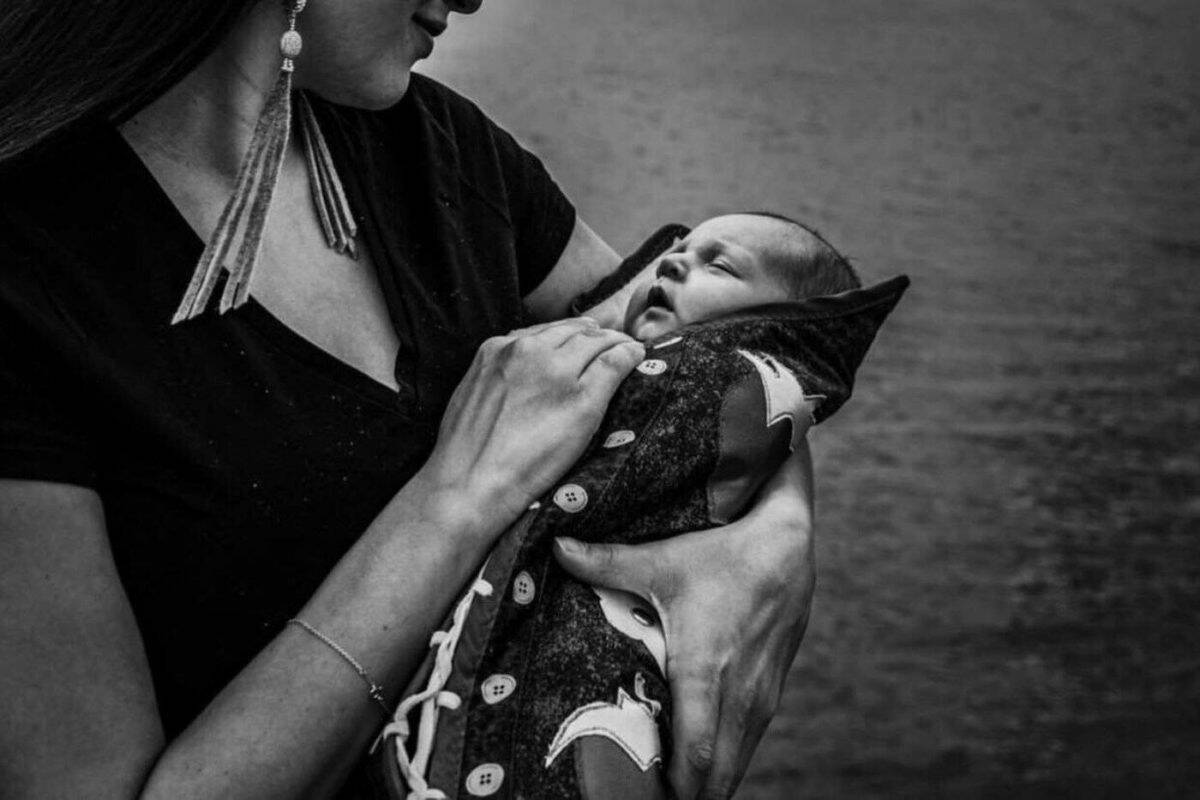By Jacob Cardinal, Local Journalism Initiative Reporter ALBERTA NATIVE NEWS
A class-action lawsuit has been filed in B.C. seeking reparations for birth alert practices that disproportionally affected hundreds of Indigenous and other racialized peoples.
A birth alert is a procedure in which social workers or hospital staff flag an expecting parent without their consent as being unfit to care for a child.
Birth alerts are intended to be issued if an official is concerned for the safety of a child due to things such as domestic violence, drug usage, or even a history of child welfare issues in the parent family.
However, as the lawsuit points out, there are no clear rules or outlines for when a birth alert should be issued. Thus, when it was in place in B.C., a birth alert issue was at the complete discretion of child protective agents or hospital workers.
“As a result of this arbitrary process, the speculative `child protection concerns’ leading to the issuance of a birth alert are, in many cases, of persons of certain backgrounds,” the lawsuit states.
Nikida Steel, plaintiff in the class-action suit, experienced birth alert discrimination and eventually lost custody of her four children.
“There was paperwork that I read that said I was a heavy drug user,” she said. “I’ve never been a heavy drug user. I read information that said I was in a treatment program. I was never in a program. It said I had been sanctioned under the Mental Health Act. I had never been sanctioned under the Mental Health Act.
“These were all assumptions that were made, these were implicit biases. They don’t see you. They form assumptions.”
She is representing herself and all those who experienced a birth alert in B.C. between Jan. 1, 2018 to Sept. 16, 2019. During that time, there were 423 birth alerts issued in the province, with 228 cases — more than half — being issued to Indigenous mothers.
B.C.’s Ministry of Children and Family Development said it was unable to comment on a matter currently before the court.
“What we can say is our government is committed to true and lasting reconciliation with Indigenous peoples and my ministry’s goal is to keep children safe with their families and connected to their culture and communities.”
Birth alerts in B.C. ended in 2019, with many provinces doing the same, following the release of the Final Report of the National Inquiry into Missing and Murdered Indigenous Women and Girls in 2019, which recommended abolishing the practice entirely. They are still in place in Quebec and Nova Scotia.
“I sustained extreme trauma based on the fact that I was subjected to this,” Steel said. “I would like to see them start supporting families. The only way to reconciliation is to stop this type of treatment, to stop the damage.”
RELATED: B.C. ministry warned birth alerts ‘illegal and unconstitutional’ months before banning them

